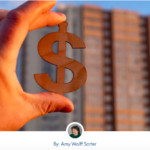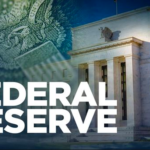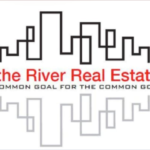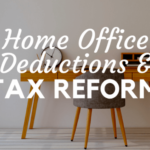Crosstown Commercial / November 2, 2020
Where to Find Help if you are Facing Eviction
Millions of Americans are evicted from their homes each year, and for a variety of reasons. This year, in particular, an estimated 30 – 40 million people are at risk due to the COVID-19 pandemic. As we head into the winter, more and more people may find themselves without a home, especially as local protections and financial benefits start to expire. Thankfully, the Trump administration recently issued an executive order that bans evictions due to non-payment through the end of the year.
This executive order will buy many Americans some critical time to review their financial decision and come up with new strategies to pay their bills. This order assists those with a personal income under $99,000, those who don’t need to pay 2019 income tax, or those who received a stimulus check earlier this year but can still not pay their rent due to out-of-pocket medical expenses or income loss.
How to Get Eviction Protection
If you qualify for the assistance mentioned above, you will need to submit a declaration to your landlord or property manager. This declaration is official and attests under oath that you are unable to pay. Be sure to read the declaration in full to ensure you understand the criteria for its validity.
If you are confused by any aspect of the declaration form or feel you need assistance in completing it, The COVID-19 Eviction Defense Project may be able to help you. This organization provides legal aid at no cost to tenants facing eviction and have exhausted all efforts to make their rent payments.
You may also be able to receive assistance from one or more Eviction Prevention Programs (EPP). The EPP is federally funded and is designed to provide assistance via supplements by state governments, local funds and charities. Not all families will qualify, however. Exact criteria and conditions will vary and depend upon the state. This listing provides insight into various programs available by state, city and county.
Other organizations such as Wells Fargo have donated money via grants designated to keep people in their homes. For Wells Fargo, this first-of-its-kind program has enabled these organizations to offer free or low-cost attorney representation and legal counseling to people facing possible eviction.
Other Eviction Protection Resources
- The National Housing Law Project
- Volunteer Lawyers Birmingham (Alabama)
- Bay Area Legal Aid (California)
- Colorado Legal Services
- Greater Miami Legal Services (Florida)
- Atlanta Legal Aid Society (Georgia)
- Lawyers Committee for Better Housing (Illinois)
- Southeast Louisiana Legal Services (Louisiana)
- Pro Bono Resource Center of Maryland
- Mid-Minnesota Legal Aid
- Legal Services of Eastern Missouri
- Legal Aid of North Carolina
- Community Legal Services (Pennsylvania)
- Texas Rio Grande Legal Services
- Housing Opportunities Made Equal (Virginia)






























